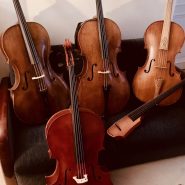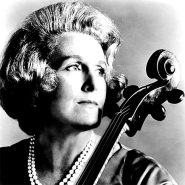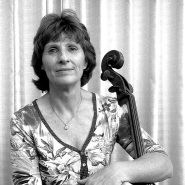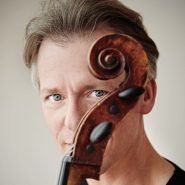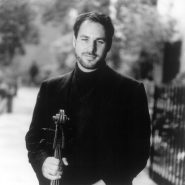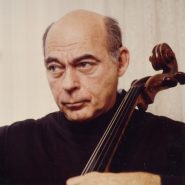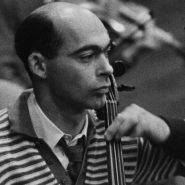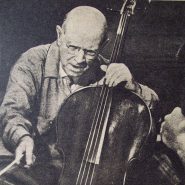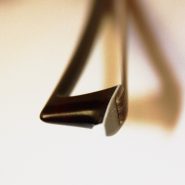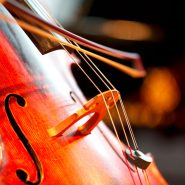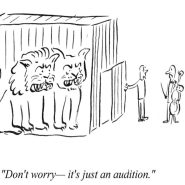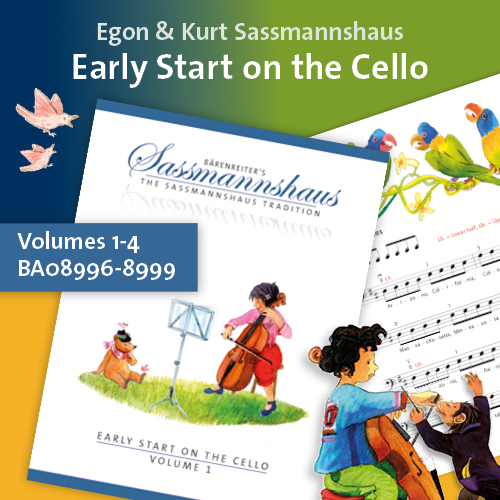Tag: Concerto
By Anssi Karttunen March 23, 2020
Subjects Artistic Vision, Repertoire
Tags Concerto, inspiration, Instead, repertoire, Solo Suite, Sonata
By Tim Janof October 27, 2019
Subjects Interviews
By Tim Janof October 27, 2019
Subjects Interviews
By Tim Janof August 5, 2019
Subjects Interviews
By Tim Janof August 5, 2019
Subjects Interviews
By Tim Janof August 5, 2019
By Tim Janof August 5, 2019
By Brant Taylor December 4, 2012
Subjects Practicing, Technique
Tags Bach, bow, bow strokes, Brant, Brant Taylor, cellists, cello, cellobello, Chicago Symphony Orchestra, Concerto, contact point, CSO, frog, Pinchas, Shostakovich, success, Taylor, Technique, variables, weight, Zukerman
By Alisa Weilerstein April 22, 2011
Subjects Artistic Vision, Travel
By Melissa Kraut April 11, 2011
Subjects Auditions
Tags articulation, Auditions, bow, bow speed, career, cello, cellobello, clarity, commitment, Concerto, connection, Development, Experience, expression, imagination, intentions, intonation, knowledge, Kraut, Melissa, musicianship, passion, possibility, potential, quality, reflection, skill, sound production, Strings Magazine, students, success, suggestions, Technique, tone, vibrato
By Guest Blogger April 6, 2011
Subjects Artistic Vision
Tags cello, cellobello, Concerto, Distraction, effortless, focus, goals, Haydn, lessons, music, relaxation, student, Teaching, Technique
By Brant Taylor March 14, 2011
